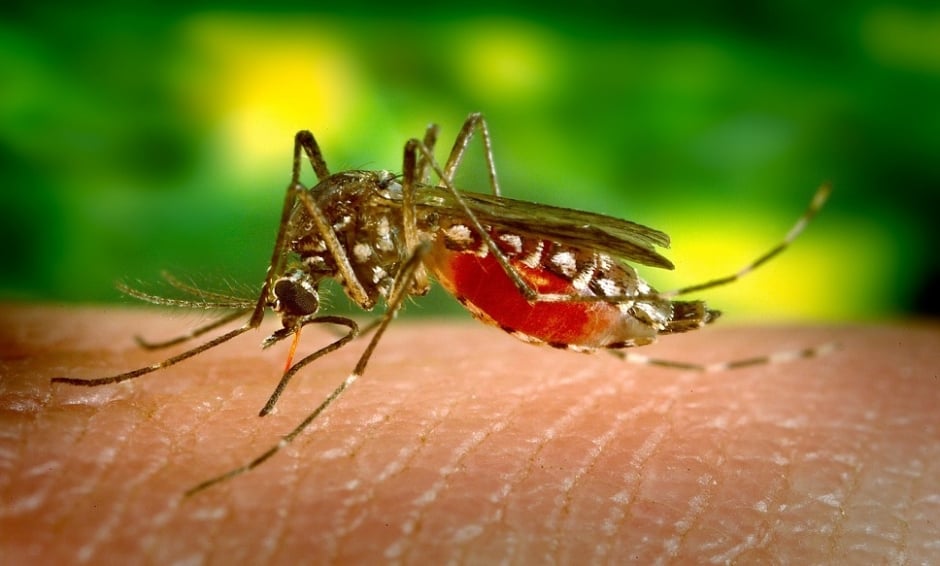ZIKA-INFECTED individuals might one day benefit from treatment with a drug used to treat hepatitis C patients, according to researchers at the University of California San Diego, California, USA. The study, which studied the effect of the drug on cell cultures and mouse models, displays a potential treatment option for adults with the Zika virus, including pregnant women.
Promising Results
The team firstly tested the hepatitis C drug sofosbuvir in human neural progenitor cells (NPC), discovering that cells being killed off due to Zika virus infection could be rescued and gene expression linked to their antiviral response restored through exposure to the treatment. They then injected sofosbuvir intravenously in an immunodeficient mouse model, which significantly reduced viral loads in blood serum compared to the placebo group. Additionally, no Zika virus amplification was detected in the fetuses of pregnant mice treated with sofosbuvir.
Clinical Solutions Required
Clinical solutions to the Zika virus are an urgent requirement, particularly in pregnant women due to the number of cases of congenital abnormalities in newborn babies during the outbreaks in Brazil in 2015 and 2016. “There has been a lot of work done in the past year or so to address the Zika health threat. Much of it has focussed on developing a vaccine, with promising early results,” said senior author Prof Alysson Muotri, UC San Diego. “But there is also a great need to develop clinical strategies to treat Zika-infected individuals, including pregnant women for whom prevention of infection is no longer an option. They represent the greatest health crisis because a Zika infection during the first trimester confers the greatest risk of congenital microcephaly.”
The researchers believed sofosbuvir could be repurposed to treat the Zika virus because the hepatitis C virus and Zika virus are in the same viral family and have strong structural similarities. Previous research has also reported that sofosbuvir was protective against Zika virus infection in different cell types.
Further Study
The researchers acknowledge that these are preliminary findings that require further study. However, they believe this is an avenue that should be explored further until there is approval of a Zika vaccine.
James Coker, Reporter
For the source and further information about the study, click here.








